Trump's new visa fees spur offshoring talks, hiring turmoil
Trump’s $100,000 H-1B visa fee sparks corporate backlash, forcing tech firms to weigh outsourcing and threatening startups’ ability to hire global talent.
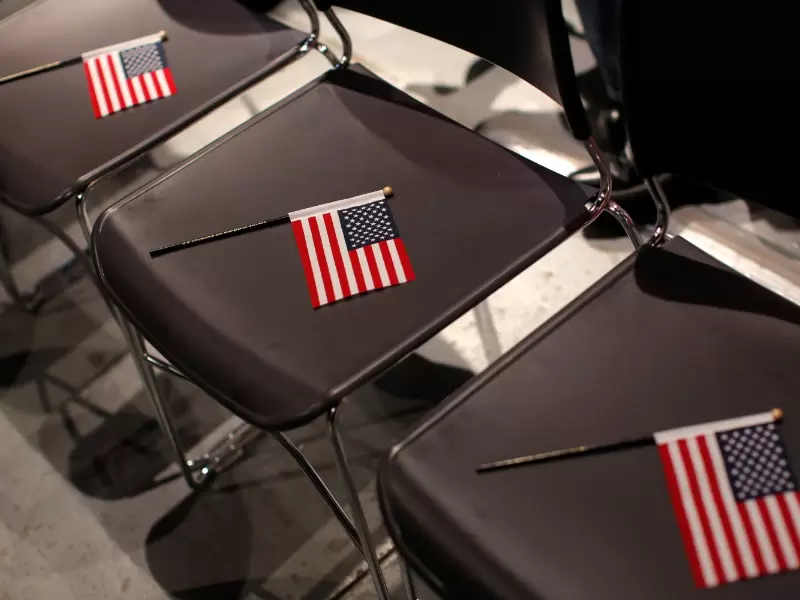 U.S. flags are placed on seats before a special citizenship ceremony for children at the Museum of Food and Drink in Brooklyn, New York City, U.S. December 23, 2016. / REUTERS/Andrew Kelly/File Photo
U.S. flags are placed on seats before a special citizenship ceremony for children at the Museum of Food and Drink in Brooklyn, New York City, U.S. December 23, 2016. / REUTERS/Andrew Kelly/File Photo
The Trump administration's hefty new visa fees for H-1B workers have prompted high-level talks inside companies in Silicon Valley and beyond on the possibility of moving more jobs overseas—precisely the outcome the policy was meant to stop.
U.S. President Donald Trump on Friday announced the change to the visa program that has long been a recruitment pathway for tech firms and encouraged international students to pursue postgraduate courses in the U.S.
While the $100,000 levy applies only to new applicants—not current holders, as first announced—the confusion around its rollout and steep cost are already leading companies to pause recruitment, budgeting, and workforce plans, according to Reuters interviews of founders, venture capitalists, and immigration lawyers who work with technology companies.
"I have had several conversations with corporate clients ... where they have said this new fee is simply unworkable in the U.S., and it is time for us to start looking for other countries where we can have highly skilled talent," said Chris Thomas, an immigration attorney at Colorado-based law firm Holland & Hart. "And these are large companies, some of them household names, Fortune 100-type companies, that are saying, 'We just simply cannot continue.'"
About 141,000 new applications for H-1B were approved in 2024, according to Pew Research. Though Congress caps new visas at 65,000 a year, total approvals run higher because petitions from universities and some other categories are excluded from the cap. Computer-related jobs accounted for a majority of the new approvals, the Pew data showed.
Companies were already weighing an expansion in India before the new visa fee disrupted hiring. Reuters reported exclusively on Sept 23 that Accenture has proposed a new campus in the southern state of Andhra Pradesh, with plans to eventually add about 12,000 jobs in the country, where it has its largest workforce.
Firms will cut H-1B workers
The Trump administration and critics of the H-1B program have said that it has been used to suppress wages and curbing it opens more jobs for U.S. tech workers. The H-1B visa program has also made it more challenging for college graduates trying to find IT jobs, Trump's announcement on Sept 19 said.
The visa previously cost employers only a few thousand dollars. But the new $100,000 fee would flip the equation, making hiring talent in countries like India—where wages are lower and Big Tech now builds innovation hubs instead of back offices—more attractive, experts and executives told Reuters.
"We probably have to reduce the number of H-1B visa workers we can hire," said Sam Liang, co-founder and CEO of popular artificial intelligence transcription start-up Otter. "Some companies may have to outsource some of their workforce—hire maybe in India or other countries—just to walk around this H-1B problem."
Also Read: Hike in wage levels for H-1B on anvil, USCIS note says
Bad for start-ups
While conservatives have long applauded Trump's wide-ranging immigration crackdown, the H-1B move has drawn support from some liberal quarters as well.
Netflix co-founder and well-known Democratic donor Reed Hastings—who said he has followed H-1B politics for three decades—argued on X that the new fees would remove the need for a lottery and instead reserve visas for "very high value jobs" with greater certainty.
But Deedy Das, a partner at venture capital firm Menlo Ventures that has invested in startups such as AI firm Anthropic, said, "Blanket rulings like this are rarely good for immigration" and would disproportionately affect startups.
Unlike large technology companies whose compensation packages are a combination of cash and stock, pay packages of startups typically lean toward equity, as they need cash to build the business.
"For larger companies, the cost is not material. For smaller companies, those with fewer than 25 employees, it's much more significant," Das said. "Big tech CEOs expected this and will pay. For them, fewer small competitors is even an advantage. It’s the smaller startups that suffer most."
Innovation at risk
The policy could also mean fewer of the talented immigrants who often go on to launch new firms, analysts said.
More than half of U.S. startups valued at $1 billion or more had at least one immigrant founder, according to a 2022 report from the National Foundation for American Policy, a nonpartisan think tank based in Virginia.
Several lawyers said startups they represent are pinning hopes on lawsuits that argue that the administration overstepped by imposing a fee beyond what Congress envisioned, betting that courts would dilute the rule before costs cripple hiring.
If not, "we will see a pullback from the smartest people around the world," said Bilal Zuberi, founder of Silicon Valley-based venture capital firm Red Glass Ventures, who began his career in the U.S. on an H-1B visa.
ADVERTISEMENT
ADVERTISEMENT
E Paper
Video




 Reuters
Reuters
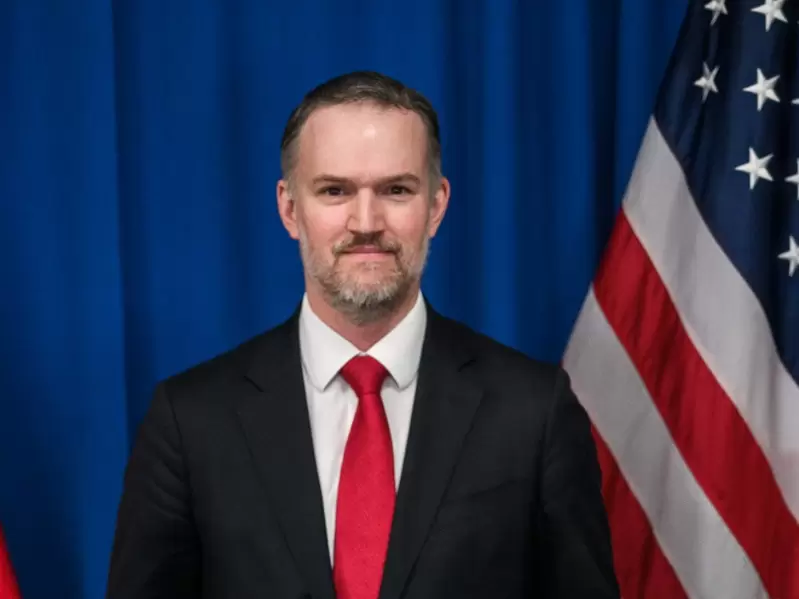
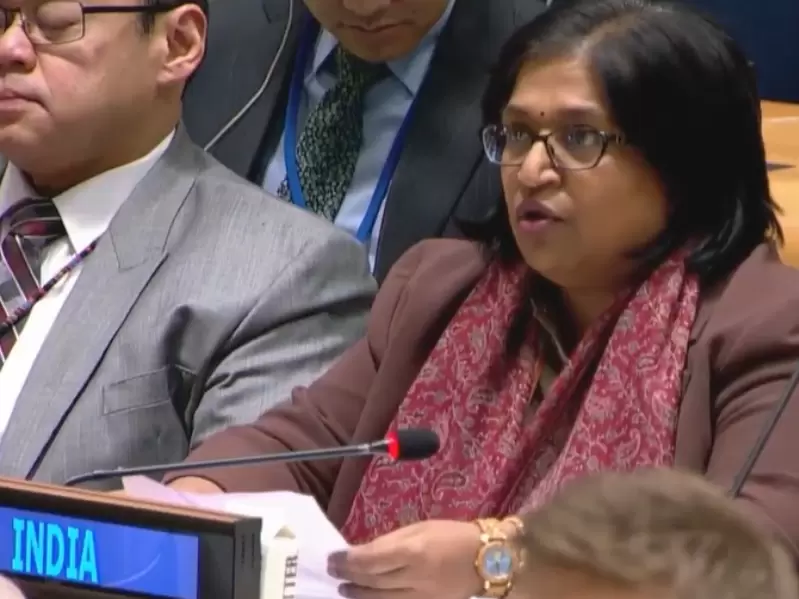
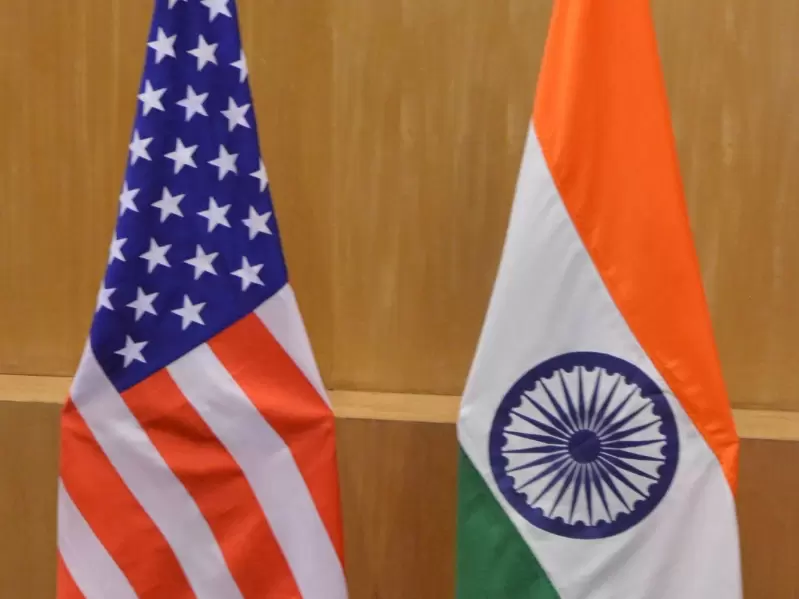
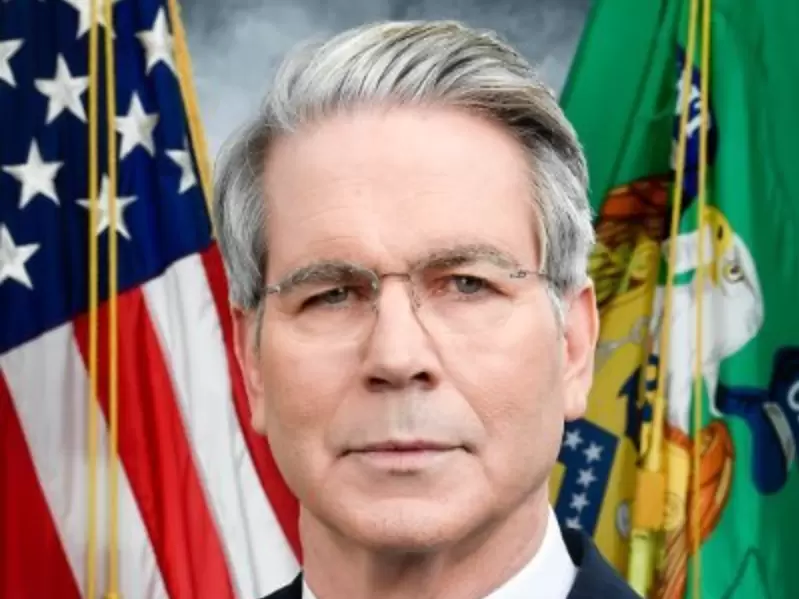

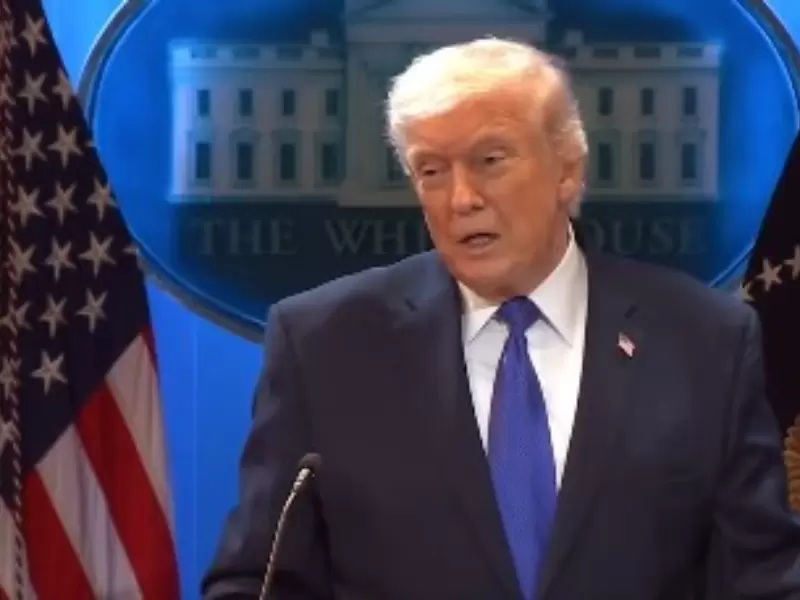
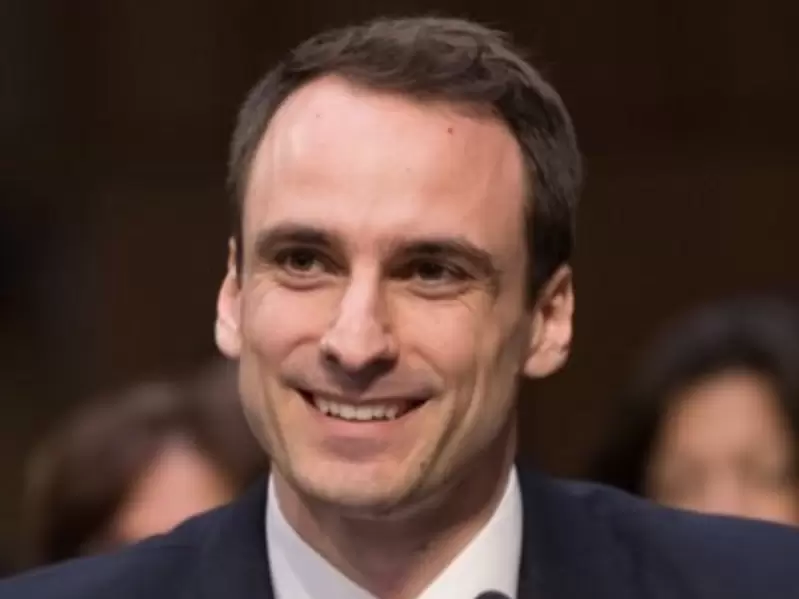
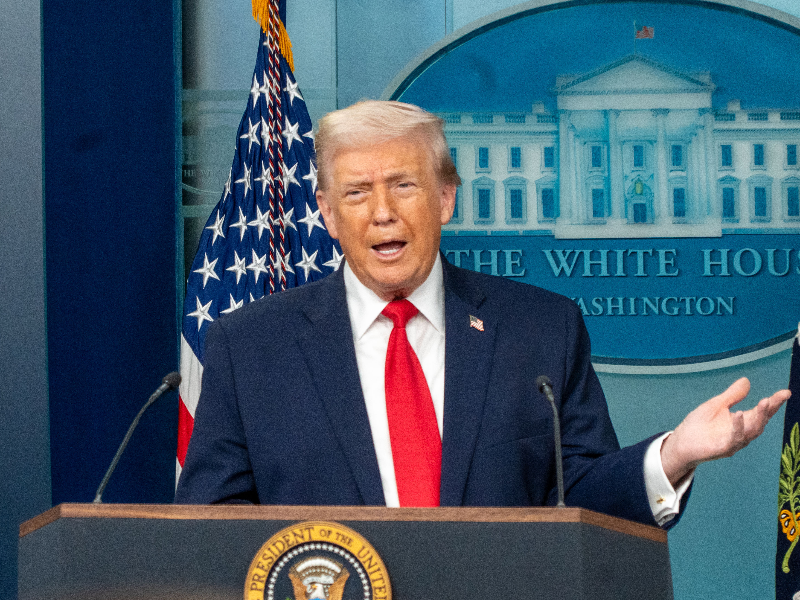





Comments
Start the conversation
Become a member of New India Abroad to start commenting.
Sign Up Now
Already have an account? Login